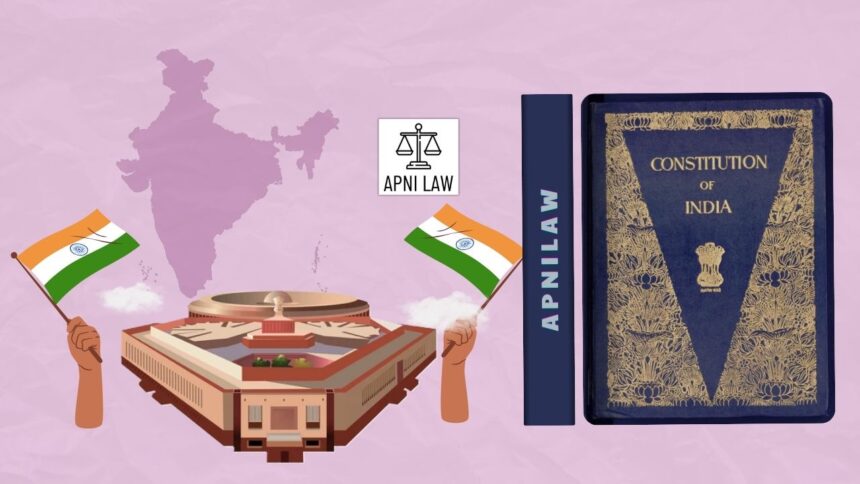The independence of the High Courts is a cornerstone of India’s democratic framework. It ensures that justice is delivered impartially, without external influence from the executive or legislature. Although the Constitution provides strong safeguards, challenges like lack of transparency, delays, and interference continue to affect judicial autonomy.
What Are the Constitutional Safeguards Ensuring High Court Independence?
The Constitution of India includes multiple provisions to secure the independence of the High Courts. Judges are appointed by the President after consulting the Chief Justice of India and the Chief Justice of the respective High Court, which limits executive control and promotes judicial impartiality.
Under Article 217, High Court judges enjoy security of tenure, preventing arbitrary removal. Their conduct cannot be discussed in Parliament or State Legislatures except during impeachment, which protects them from political pressure.
Additionally, retired judges are barred from practicing in any court within India except the Supreme Court or other High Courts. This restriction prevents post-retirement bias or misuse of influence. High Courts also possess contempt powers, allowing them to protect their dignity and maintain respect for judicial authority.
What Structural Mechanisms Support Their Autonomy?
The collegium system, composed of senior judges, plays a key role in judicial appointments, safeguarding the process from external interference. However, it has faced scrutiny for its opacity and lack of accountability.
Each High Court also maintains administrative independence, with its Chief Justice controlling the appointment and service conditions of court staff. Moreover, neither Parliament nor State Legislatures can reduce the jurisdiction or powers of the High Courts, preserving their constitutional authority and ensuring they can operate without legislative constraints.
What Challenges Threaten the Independence of High Courts?
Despite constitutional protection, High Courts face persistent challenges. The collegium system has been criticized for nepotism and delays, raising doubts about merit-based appointments. The impeachment process for judges is complex and rare, making it difficult to enforce accountability in cases of misconduct.
There are growing concerns about executive interference, especially in sensitive cases or judicial appointments, which undermines public trust. Overburdened case dockets, inadequate infrastructure, and administrative inefficiencies also hamper the courts’ ability to function effectively. Furthermore, the absence of a robust internal mechanism for investigating judicial misconduct continues to be a serious concern.
What Have the Courts Said About Judicial Independence?
In the Supreme Court Advocates-on-Record Association v. Union of India (2016), the apex court reaffirmed the judiciary’s primacy in judicial appointments, emphasizing the need for independence from executive control. Earlier, in the Kesavananda Bharati case (1973), the Supreme Court held that the independence of the judiciary is part of the Constitution’s basic structure, meaning it cannot be altered or compromised by any amendment.
For any specific query call at +91 – 8569843472
Why Is Judicial Independence So Crucial?
The independence of High Courts is vital to preserving the rule of law and constitutional governance. It ensures that citizens can seek justice without fear of bias or political influence. However, to strengthen this independence, reforms in the appointment process, greater transparency, and stronger mechanisms for judicial accountability are essential.
In conclusion, while India’s Constitution provides a strong framework for judicial autonomy, safeguarding the independence of High Courts requires ongoing vigilance, transparency, and institutional reforms to preserve public confidence in the justice system.








